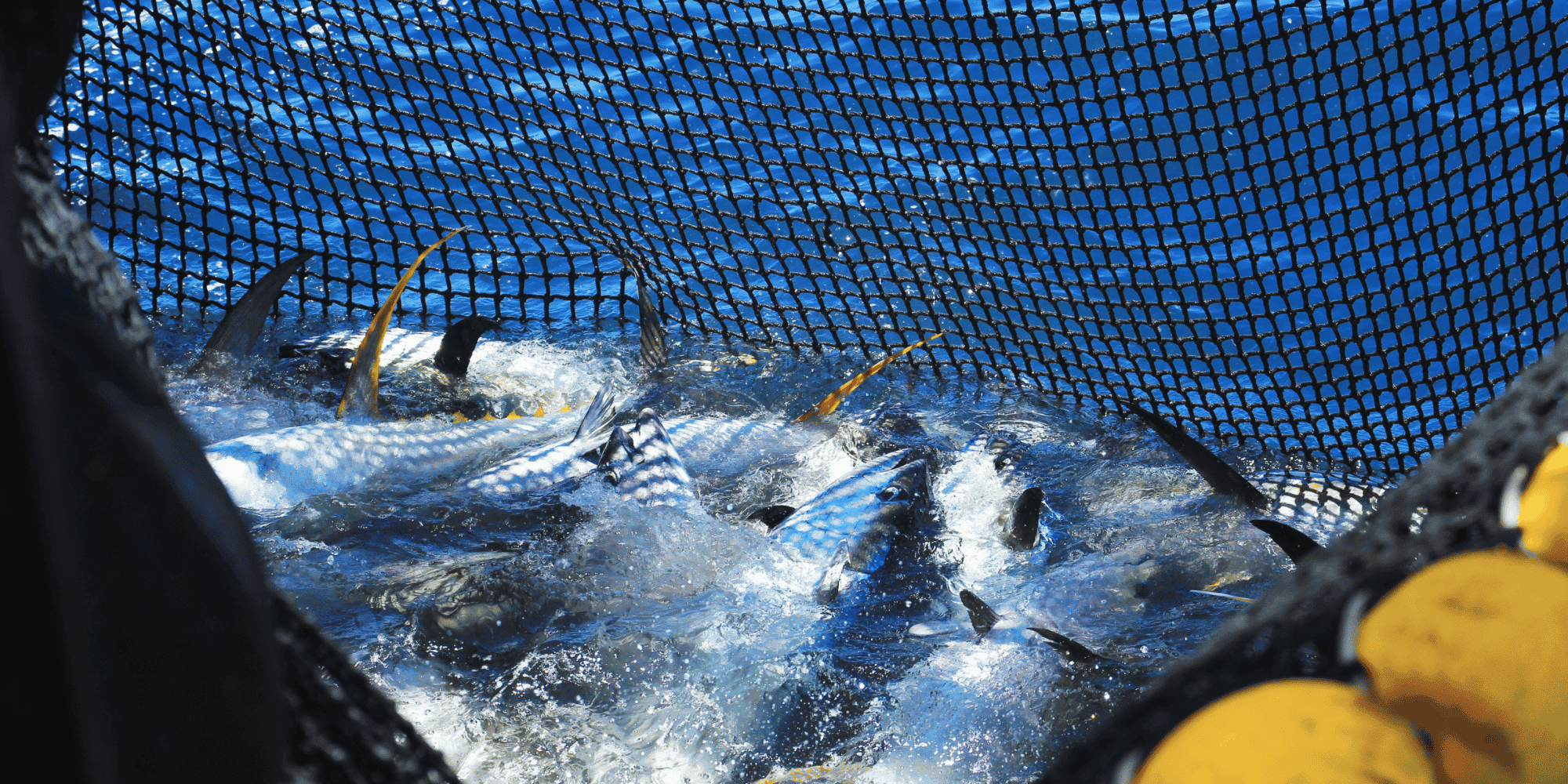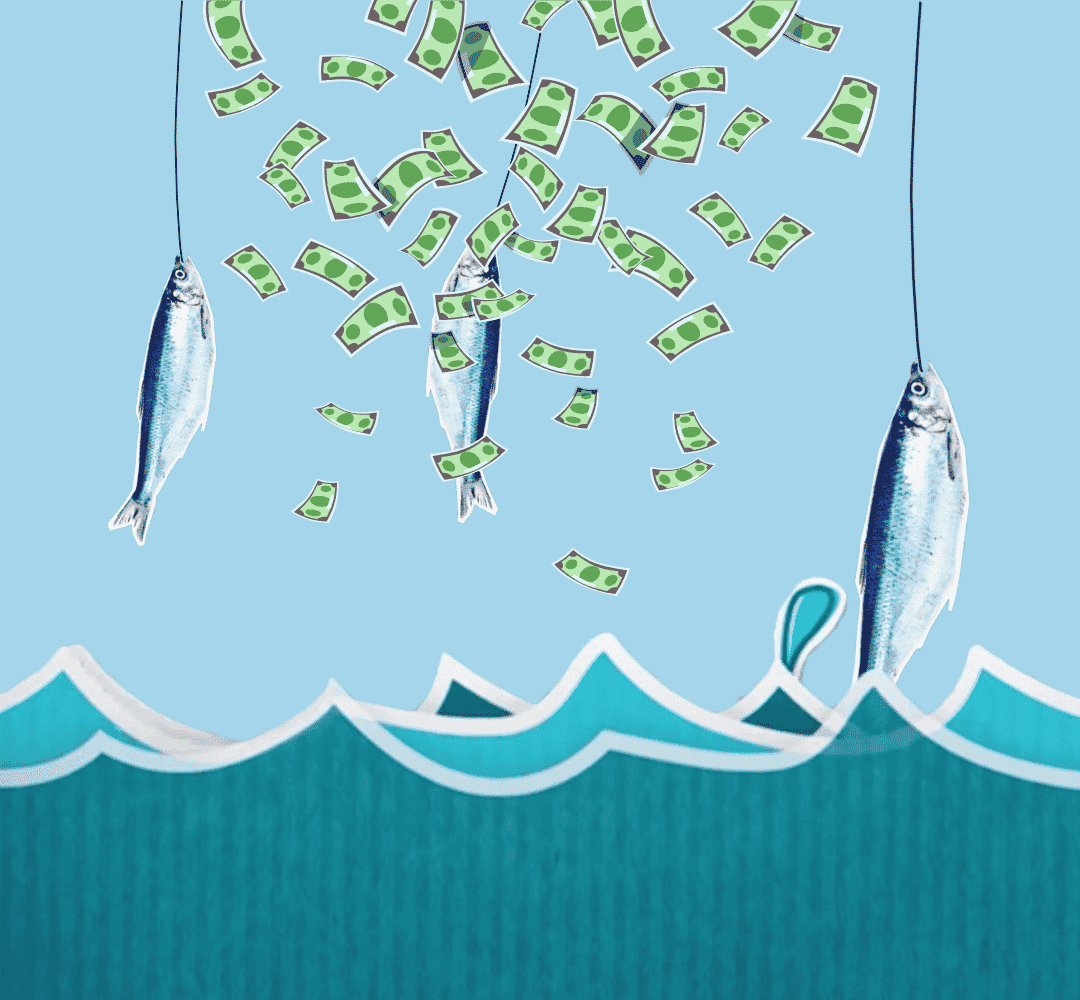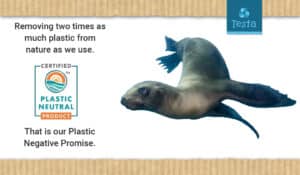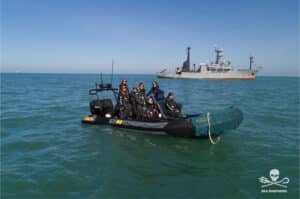Algae oil can stop overfishing!
It is time to take responsibility for our oceans! That is why we go for #FISHFREEOMEGA3
The UN Food and Agriculture Organisation (FAO) estimates that some 90 million tonnes of fish are taken from our oceans every year. Other researchers indicate that this is even more. It will only get more, as the need for omega-3 is only increasing. According to the WWF, almost a third of all fish stocks studied are overfished. This means that more fish are being caught than are being replenished. In addition, another 60% of fish stocks are fished at a maximum. This means that if this continues or even increases, overfishing will occur there too. Long-term overfishing causes species to become (locally) extinct. According to a much-discussed article published in Science magazine in 2006, if fishing continues unchanged all fish stocks will be depleted by 2048. Whether this will really be the case, we cannot predict. What is clear is that a change in our consumption behaviour is required.
 #FISHFREEOMEGA3
#FISHFREEOMEGA3
Consequences of overfishing
The consequences of overfishing are devastating for our precious oceans. In addition to overfishing, there is also bycatch – the catching of unwanted fish and animals while fishing for certain species. The same FAO states that one third of all fish caught does not end up on your plate. This in turn is a major threat to the sea and causes unnecessary loss of billions of fish and hundreds of thousands of other marine animals and cetaceans.
Overfishing can affect the whole ecosystem. It can change the size of the remaining fish, the way they reproduce and the speed at which they mature. When too many fish are taken from the sea, an imbalance is created that can affect the food web and lead to the loss of other vital marine organisms, including endangered species such as sea turtles and corals.
This in turn affects the quality of our living environment. We depend on the sea for our oxygen. All the trees and plants in the world produce only a third of the oxygen we need. Everything else comes from our oceans.
What are the 3 main causes of overfishing?
If there is no demand, there need not be any supply. So in our view, the increasing demand for fish is the main cause of overfishing. In the last 50 years, the amount we eat each year has doubled. The increase in demand encourages illegal fishing. Illegal fishing is estimated to include up to 30% or more of high-value species. Experts estimate that illegal, unreported and unregulated (IUU) criminal fishing amounts to $36.4 billion annually. There is no control over this catch and it goes beyond the quotas.
In addition, governments provide huge amounts of subsidies for mass fishing. The subsidy, which is given to the fishing industry for its operating costs, also promotes overfishing. Subsidies can lead to the overexploitation of fishing vessels and to a reduction in production costs, so that fishing activities can continue at lower yields.
Finally, vessel overcapacity is a major cause of overfishing. The current global fishing fleet is about two and a half times larger than what we actually need.

What can you do against overfishing?
The demand for fish continues to grow worldwide, which means that many businesses and jobs depend on shrinking stocks. The demand for fish as a foodstuff continues to grow, boosting the global economy with a $362 billion industry.
Millions of people in thriving coastal communities depend on the fishing industry for their livelihood and half of the world’s population depends on fish as a major source of protein. When the fish run out, so do the economic activities on the coast. As the demand for omega-3s and seafood increases in parallel with their ecological impact, we are in a vicious circle.
This circle can only be broken by looking at the system in a different way. Preventing bycatch and paying attention to sustainable fishing is one thing. According to our analysis, approximately 25% of the global catch is used for the production of omega-3s. By-catch is extremely high in those batches caught for omega-3 production because the desired fish are only fat and the rest are mostly useless.
What are the 3 main causes of overfishing?
The impacts of overfishing are terrible for our precious oceans. All the trees and plants in the world produce one-third of all the necessary oxygen. Everything else comes from our oceans.
Overfishing can affect the entire ecosystem. It can change the size of the remaining fish, and how they reproduce and the speed at which they mature. When too many fish are pulled out from the sea it creates an imbalance that can erode the food web and result in the loss of other vital marine life, including endangered species such as sea turtles and corals.
Break the economic system, opt for algae oil
This is totally unnecessary, because fish is not the main source of omega-3. Omega-3 is made by micro-algae, which are eaten by fish. So it is vital to at least convert our omega-3 sources to fish-free sources, which will exponentially reduce overfishing. In this way, we can revive a pristine and sustainable marine ecosystem and achieve equanimity in the world in every possible way. Our mission is therefore a fish-free omega 3 sector!
You cannot do without omega 3 fatty acids, but you can do without fish oil.
Our mission: a fish-free omega 3 industry


